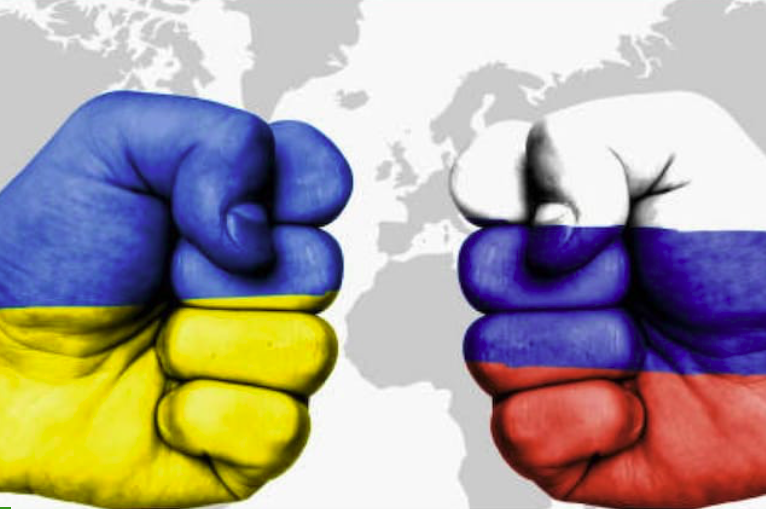Signs of hope for an end to the Russia-Ukraine war emerged on Tuesday, March 29, morning when a Russian official said Moscow would “reduce military action” in the north of Ukraine near Kyiv and Chernihiv, according to multiple reports.
Negotiations between the two sides are taking place in Turkey a little more than a month into a conflict that has killed thousands on both sides, devastated much of Ukraine and led to stiff sanctions on Moscow from the west.
Talks in Turkey between Russia and Ukraine have wrapped for the day but are expected to continue. Turkish President Recep Tayyip Erdoğan ahead of the talks had argued that an immediate cease-fire was in each party’s interest, according to a report by Bloomberg.
The New York Times, reporting on the talks, said Moscow was prepared to push up the timing of a meeting between Russian President Vladimir Putin and Ukrainian President Volodymyr Zelensky. It reported that Russia’s chief negotiator said such a meeting was possible if a draft peace agreement between Ukraine and Russia could be forged.
Russia’s advances in Ukraine have stalled in recent days amid a counteroffensive by Ukrainian forces near Kyiv.
Russia has made advances in Ukraine’s south and east, and it has been suspected that a goal of Putin’s was to connect the Ukrainian territory of Crimea, seized in a separate 2014 invasion, with separatist regions bordering Russia in eastern Ukraine.
The conflict took another turn over the weekend when President Biden, speaking in Warsaw after meetings with NATO leaders, said that Putin should not remain as Russia’s president at the end of his prepared speech. The unscripted remark was quickly walked back by the White House.
On Monday, Biden said he was not making a statement reflecting a change in U.S. policy but was expressing his own moral outrage and that of the world toward Russia’s and Putin’s actions in Ukraine. He also insisted his new comments did not represent a walk-back of the earlier remarks.
Russia’s invasion of Ukraine has generally unified the United States and Western Europe, which have responded with stiff sanctions and the supply of weapons to Ukraine.
But it has also raised serious fears of a larger conflict that could engulf other countries or lead to a nuclear war.
The U.S. has also repeatedly warned of the possibility that chemical weapons or even small nuclear weapons could be used by Russia in Ukraine.
Developing
This article originally appeared on TheHill.






